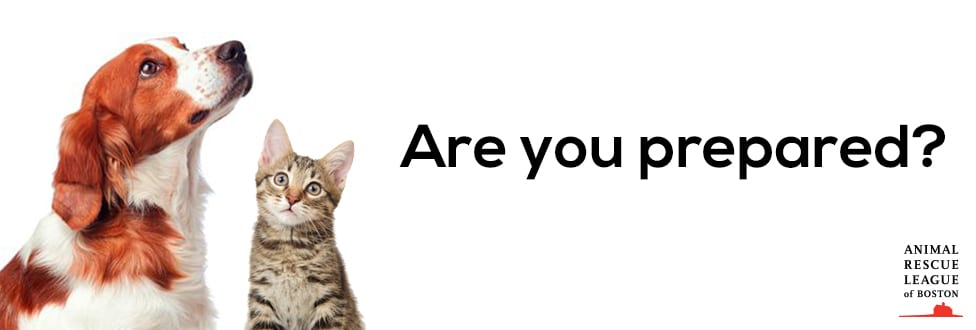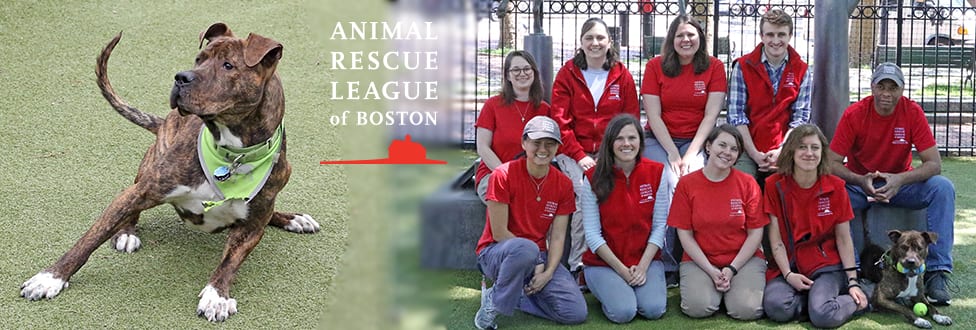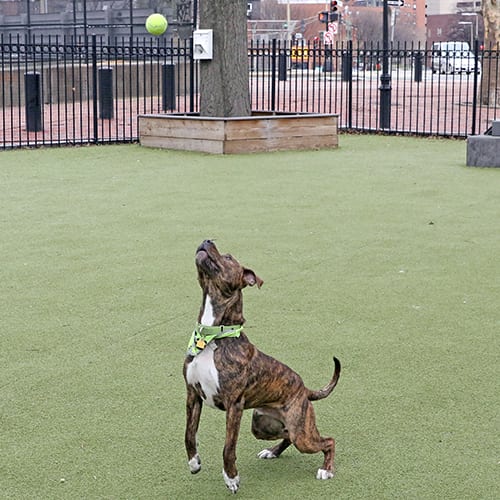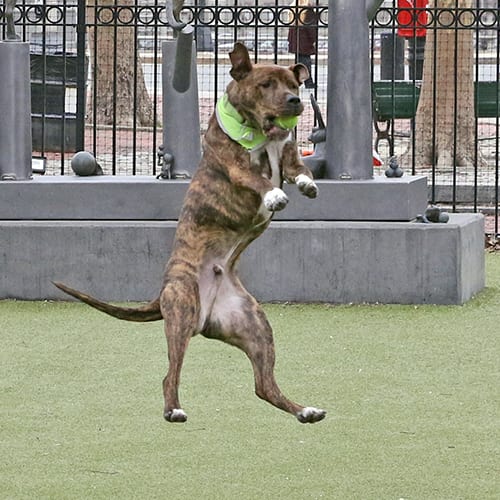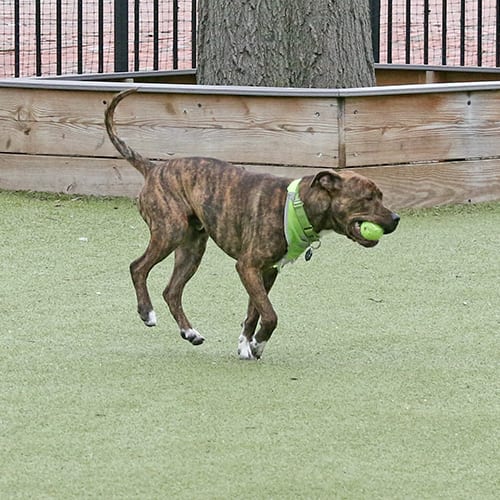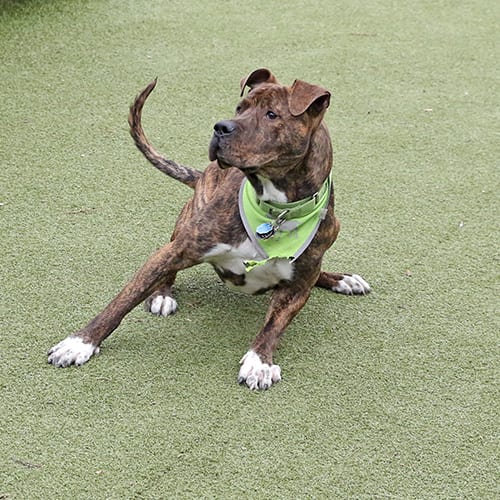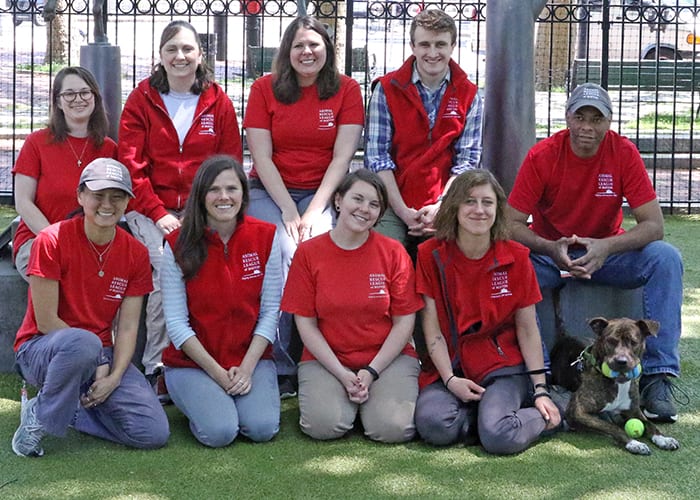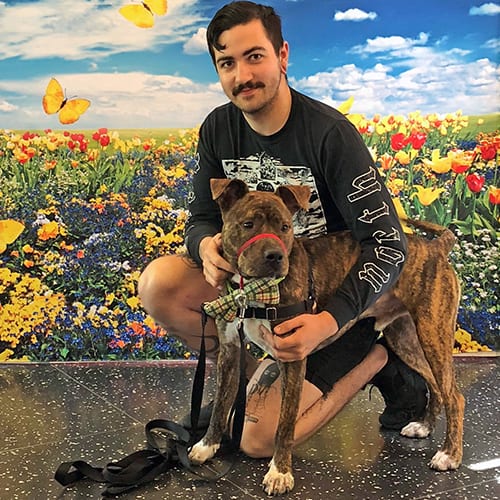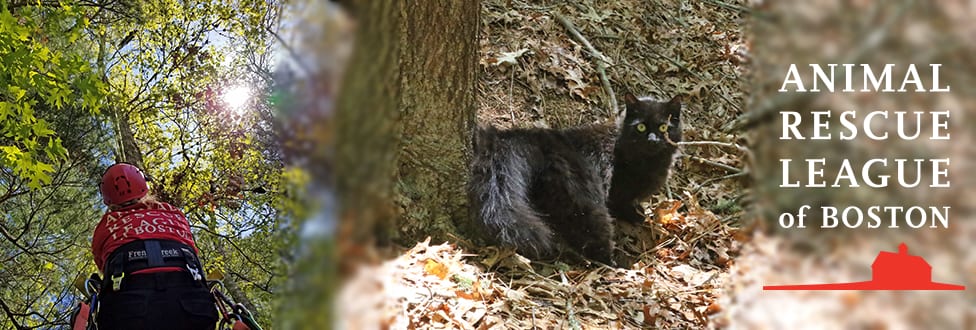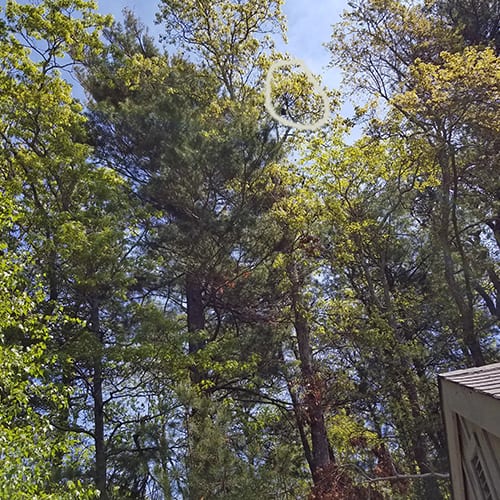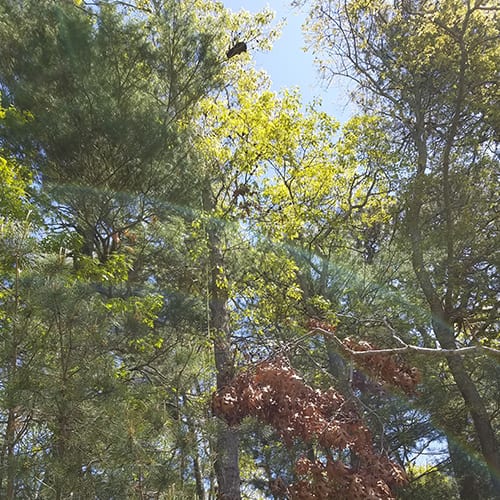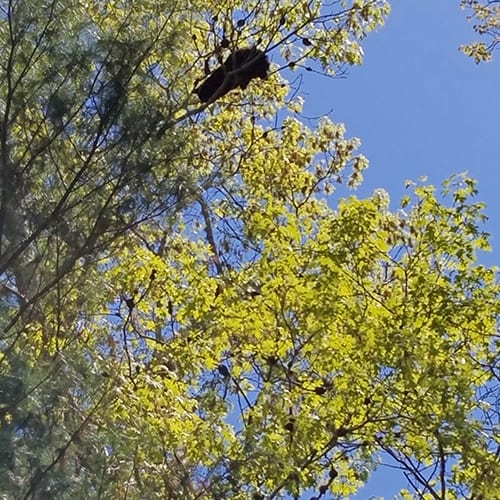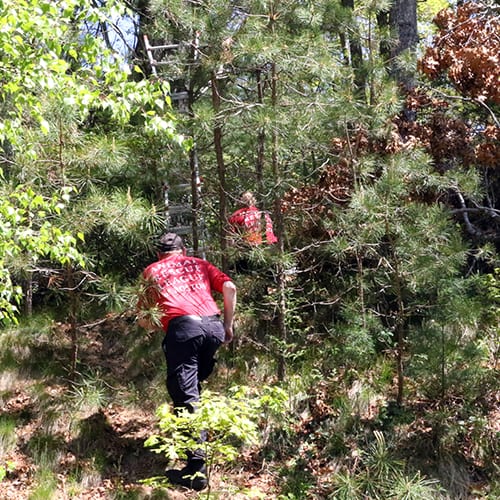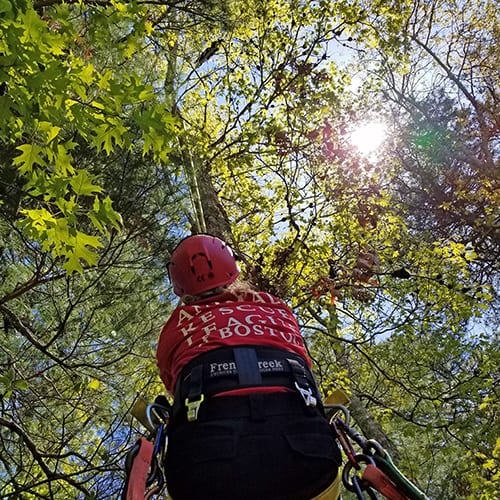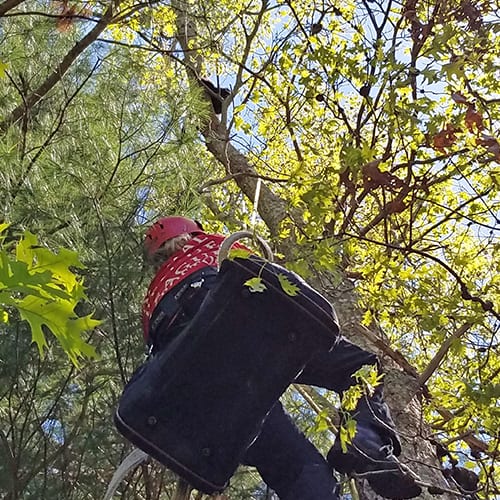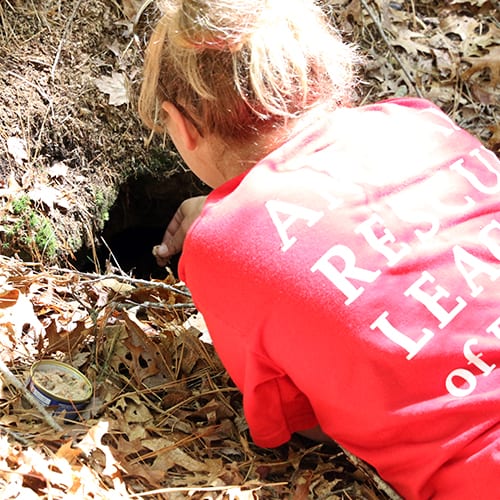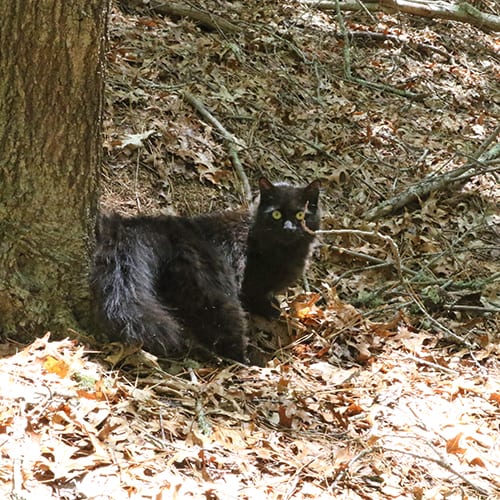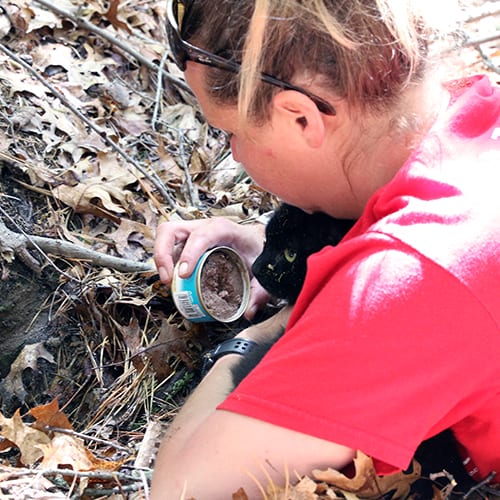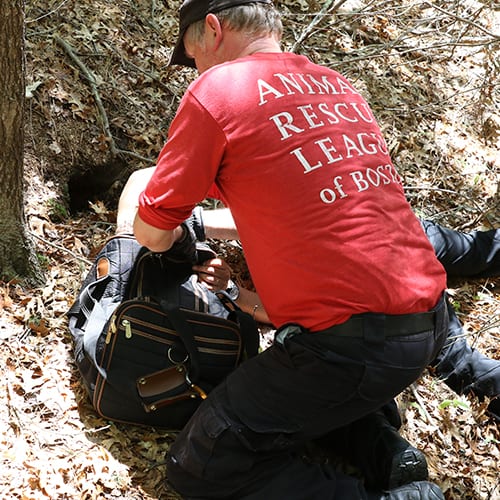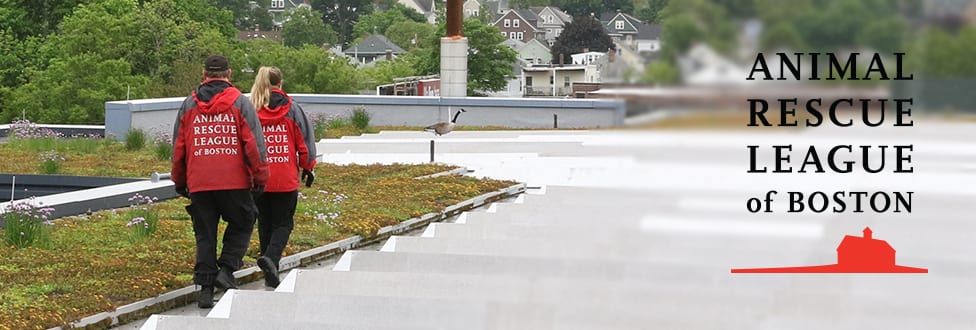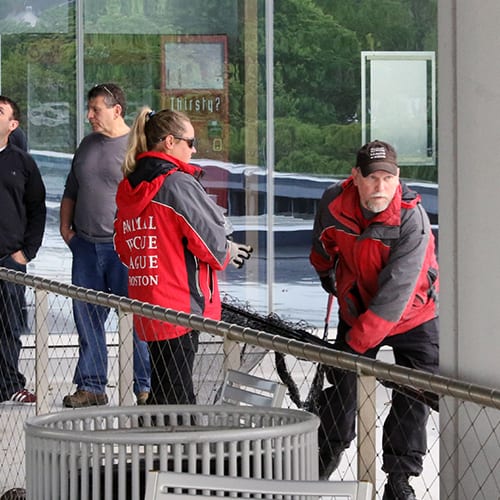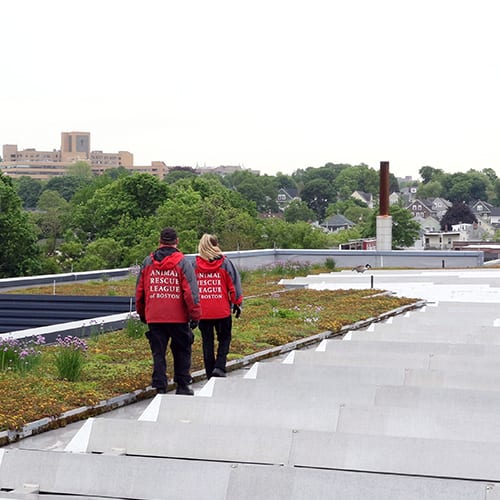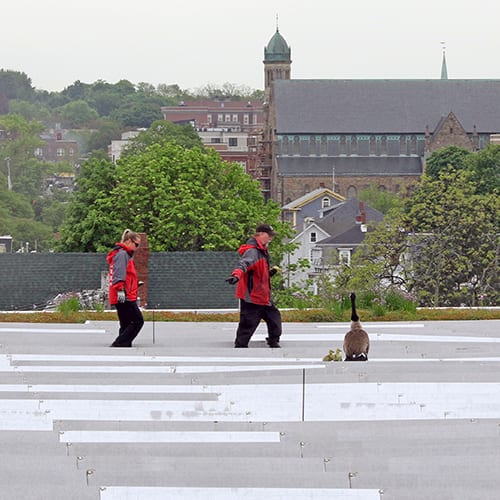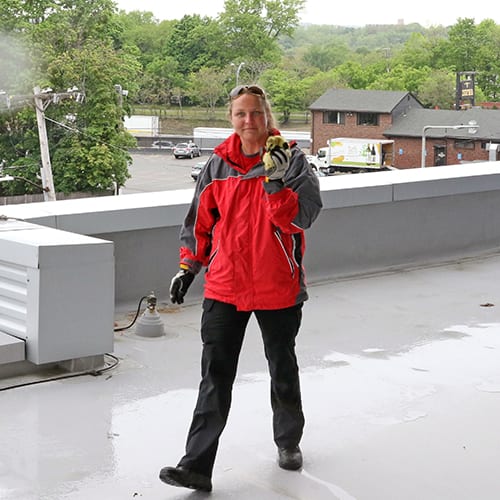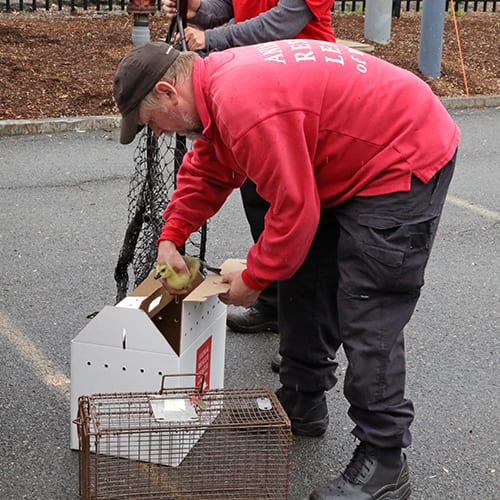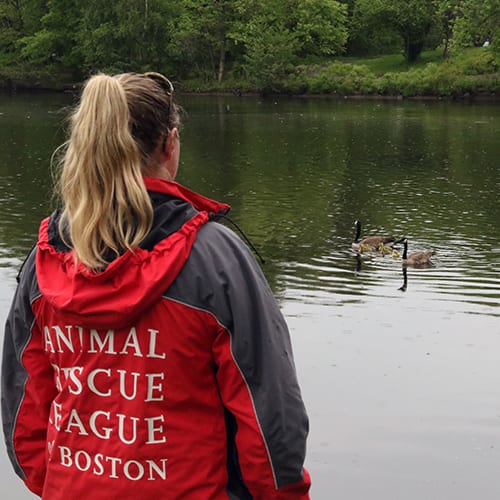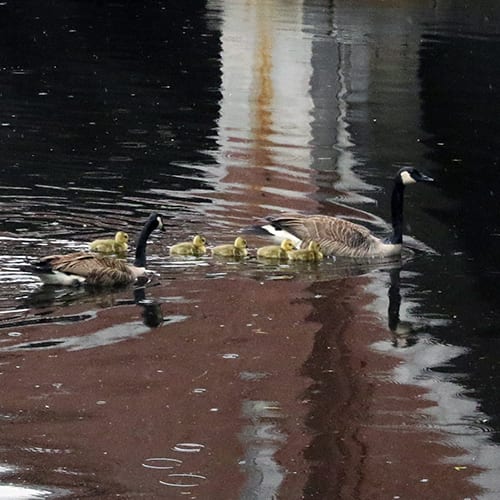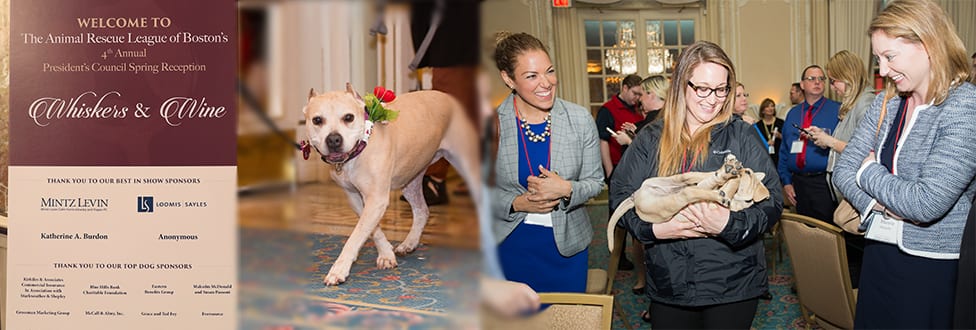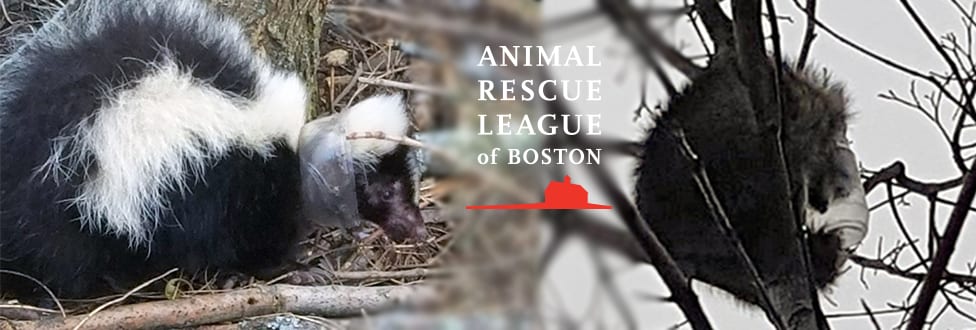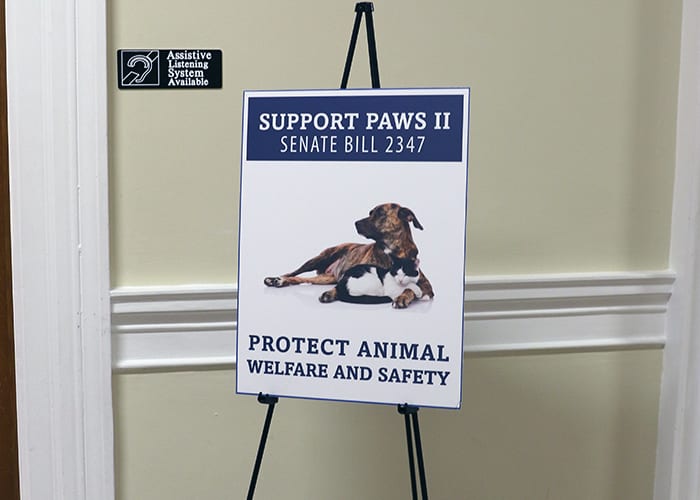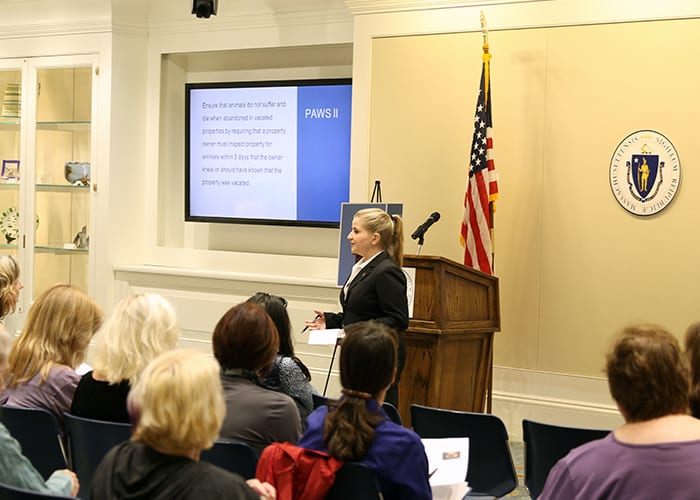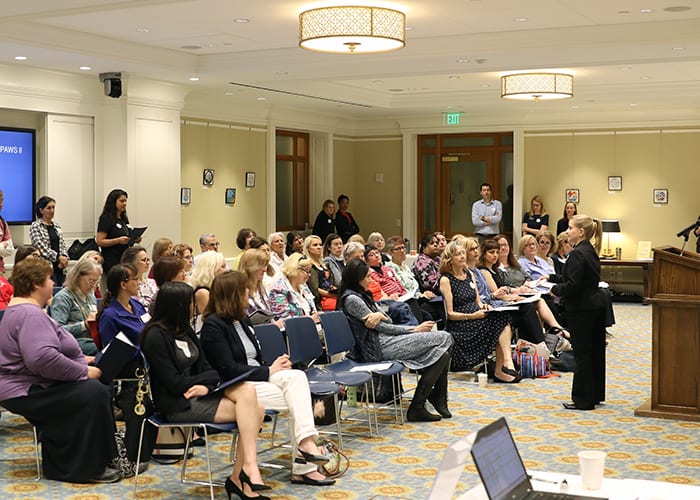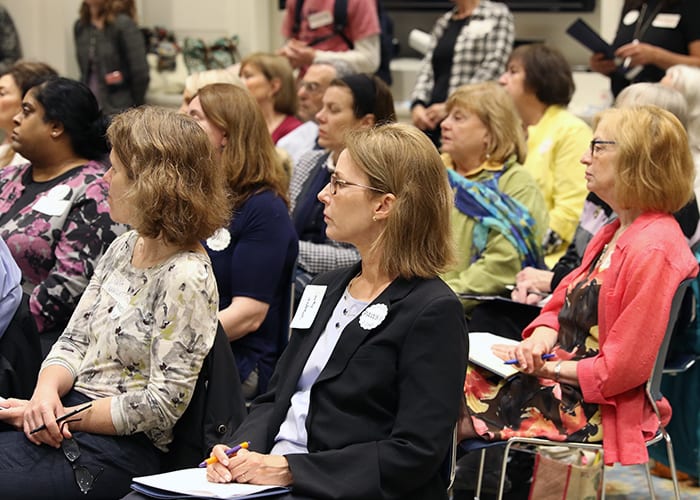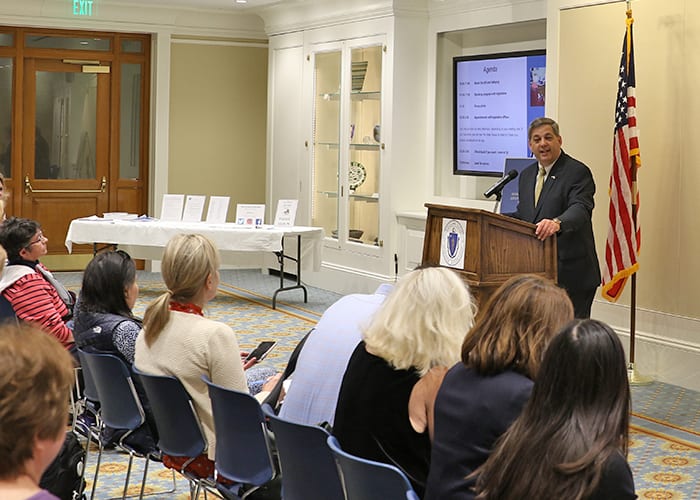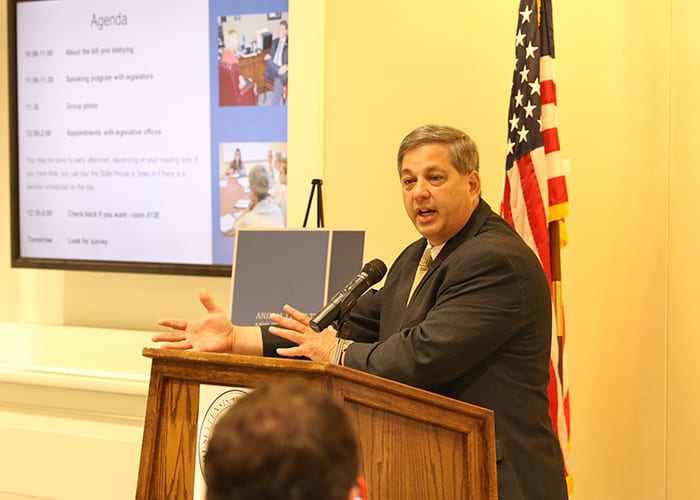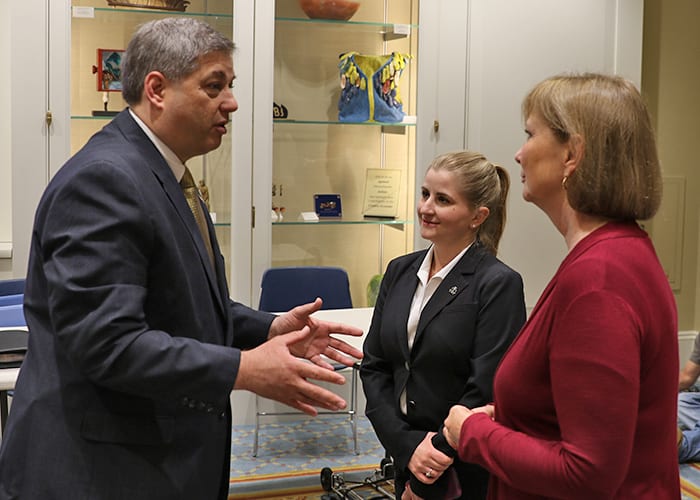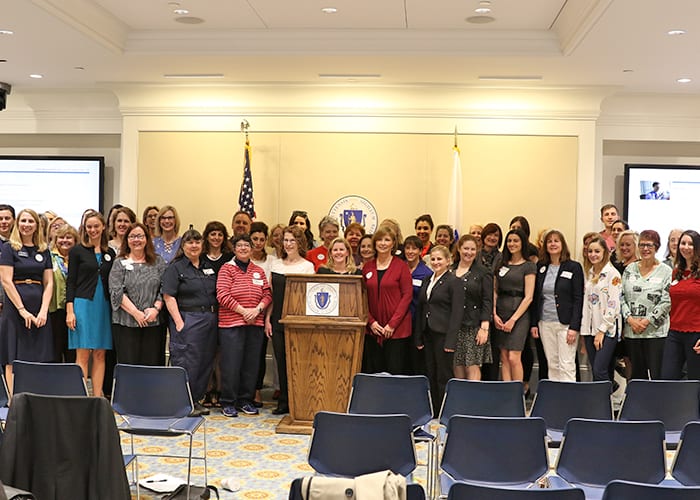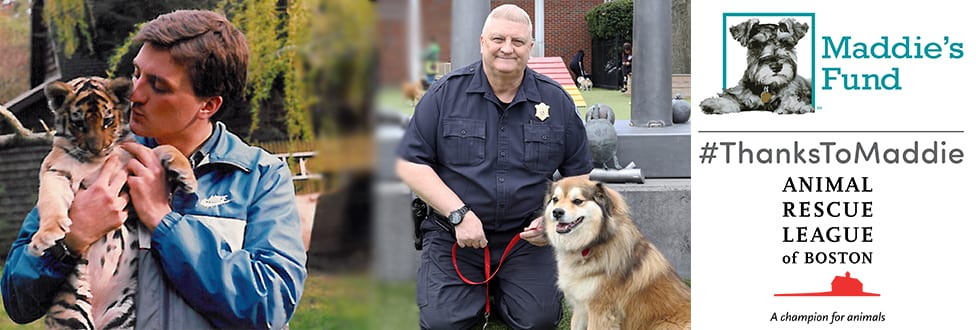Hurricane Season has Officially Begun
Make sure to include animals in any emergency plan
The 2018 hurricane season officially began on June 1, and it’s a perfect time to review and possibly revise the emergency plans for you, your family, and your pets – yes your pets.
Imagine: A storm on the horizon, people are scrambling in grocery stores for food, water and supplies, your neighbors are boarding up windows and making preparations, everyone around you is anxious – this is when your pets need you most and it’s up to you to ensure they’re safe.
The National Oceanic and Atmospheric Administration (NOAA) is predicting a near-or-above-normal hurricane season that could include 10-16 named storms, 5-9 hurricanes, and 1-4 major hurricanes.
The threat is there and here are some things to keep in mind when planning for an emergency:
1. Disaster Kit. Each animal in your household needs their own kit and should include at least a one-week supply of food and water, along with collapsible dishes; a week supply of medication; photographs, tags, and other identification; leash, harness, crate/carrier; toys, blankets and treats; poop bags, litter and litter tray
2. Pet-Friendly Evacuation Centers. Many, but not all, evacuation centers allow pets. Check your area for not only evacuation centers, but pet-friendly hotels, boarding facilities, and even friends or relatives that would allow you and your pets to stay.
3. Make Sure Your Pet is Microchipped. It’s the simplest way to be reunited with your pet should you become separated. If your pet is already microchipped, make sure all contact information is correct and up to date.
4. The Buddy System. Connect with friends and neighbors to ensure that someone is willing to evacuate your pets if you are unable to.
Preparedness is responsible pet ownership! For more useful pet safety advice, visit arlboston.org/helpfultips.

